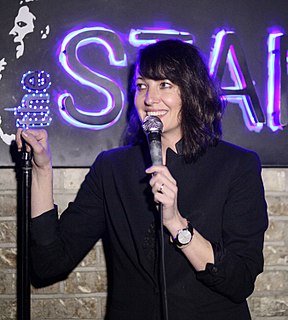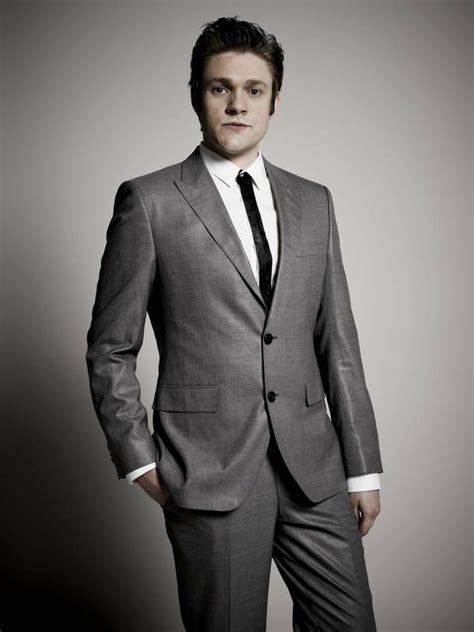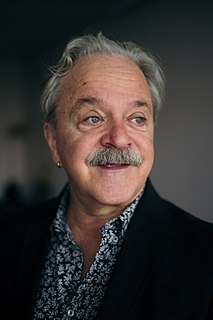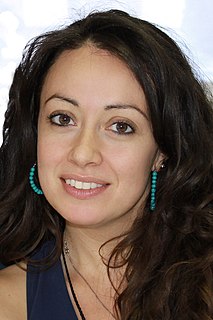A Quote by Harold Ramis
I did a comedy with Al Franken about his character Stuart Smalley, which was really about alcoholism and addiction and codependency. It had some painful stuff in it. When we showed it to focus groups, some of them actually said, "If I want to see a dysfunctional family, I'll stay home."
Related Quotes
Unfortunately, Trump has showed hateful inclinations toward many, many groups. Many groups. The most obvious: undocumented immigrants and Muslims. His comments that I've seen that he's made about Jewish people, about black people - they're all very troubling to me - even though he sort of said, "Oh, I distance myself from hate and don't do any of this hating stuff."
More likely, there were probably some real divisions within the Iranian government - some groups wanted to ally with al Qaeda against us, others didn't want to have anything to do with that. So I think that debate resulted in no decision being made for awhile. The problem was they left the al-Qaeda folks in Iran in the hands of their intelligence services and Revolutionary Guard, who didn't really keep an eye on them - and may not have kept an eye on them on purpose.
I still don't really know what my style is. I like a lot of different kinds of comedy, I like watching it and I like being inventive and original. That's the problem with doing a longer set - you can't do every joke that you have because some stuff contradicts other stuff. Even when you know that the audience knows that you're joking and it's not true, you still can't do a joke about your family dying and then later talk about your Mom. I mean you want to keep some kind of cohesive order going.
I went public with the alcoholism, very early on... the early '70s. Mercedes McCambridge, the actress, I think was the first recognizable person that went before Congress and talked about it, and I thought that was a good idea, to take some of the stigma away from it and say "Normal, average people can fall prey to it." So it's been public for me. I did a movie about an alcoholic. And today, you're nobody unless you've been to rehab. It seems like everybody has some kind of an addiction.
Roman Polanski actually said as much to me once. He had his head in his hands, and I said, "Roman, I've got to tell you, as an actor, seeing the director with his head in his hands... Look, I really want to do what you want me to do." And he went away and he came back, having obviously thought about what I said. And he said, "When my head is in my hands, I'm closing my eyes and trying to remember what I saw in my head, before any of the stuff."
I actually did an Agatha Christie monologue for my audition showcase at Guildhall, and that's how I got my agent. Some people said 'ooh it's old hat' and 'too risky'. Some people think she's all about the narrative and thriller aspect at the expense of character and I disagree. I did it anyway and it worked well.
Some Pakistanis fought for the Taliban. Pakistani extremist groups provided infrastructural support to Al Qaeda. There was a coming and going of Al Qaeda militants and leaders between Afghanistan and Pakistan for several years. All that has really happened is that Al Qaeda has escaped from Afghanistan come into Pakistan, got in touch with their contacts and friends in these extremist groups, which then provided them with safe houses, cars, and not just in the border areas but also in the cities. Rooting out Al Qaeda in Pakistan now is where the main battle is being fought.
I'm not thinking about the next record really yet. I kind of want to do a bunch of stuff with Jonathan Zawada, the guy who did the album art. I'd like to do some crazy art installations and design some weird synthesizers and work with other people and make some fun stuff for a bit. Maybe tap into virtual reality stuff or maybe write another record.
I had to be on the set for 'Who Framed Roger Rabbit' because my character was interacting with Bob Hoskins. It's a lot of 'hurry up and wait.' So there I was, at 2 a.m., sitting in a trailer at Griffith Park trying to stay awake. And I said to myself, 'This stinks.' The way I do it is better. I go into the studio about 10 a.m. There's no makeup to worry about. I can wear whatever I want. As soon I get there, I'm good to go. I record my stuff and go home.
You leave home, and then when you come back, you have a kind of perspective that you didn't have before that in some way problematizes your relationship with your family. You just start to be able to have a sort of double vision about them and who they are and how you grew up that can be really painful.
Some things I found out in the National Convention I wasn't too glad I did find out. But we will work hard, and it was important to actually really bring this out to the open, the things I will say some people knew about and some people didn't; this stuff that has been kept under the cover for so many years. Actually, the world and America is upset and the only way to bring about a change is to upset it more.
The thing is, some girls think they can actually change guys. And what’s funny is that if they actually did change them, they’d get bored. They’d have no challenge left. You just have to give girls some time to think of a new way of doing things, that’s all. Some of them will figure it out here. Some later. Some never. I wouldn’t worry about it too much.




































